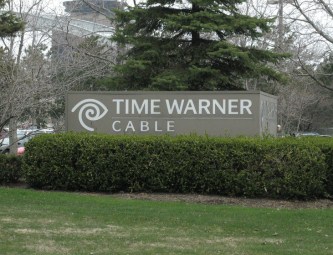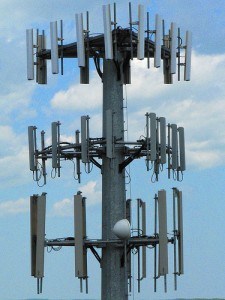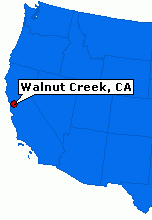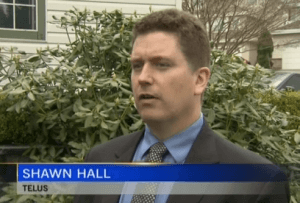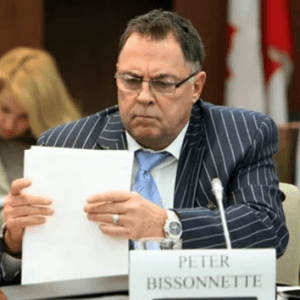More than two years after Time Warner Cable unveiled its DOCSIS 3 cable modem upgrade for New York City customers, Time Warner Cable has begun rolling out faster speeds in the metro Rochester area. Rochester is the last upstate city to get DOCSIS 3, and Time Warner Cable has only soft-launched the upgrade in selected parts of the area — especially on the east side extending into Wayne County.
According to a Time Warner Cable representative we spoke with this afternoon, the service can now be ordered by customers in the following towns:
- Webster
- Perinton
- Sodus
- Macedon
- Medina
- Lima
- Covington
What do these communities all have in common? They were all suffering from some congestion problems earlier this year. Webster, in particular, was one of the worst-impacted areas. Our readers reported dramatic speed reductions during peak usage times, often slowing to 1Mbps during the evening hours. The most curious town on the list is Covington — a tiny community of 1,300 in extreme northeast Wyoming County. Time Warner solved their congestion problems, and those experienced by other towns with DOCSIS 3 upgrades.
The representative we spoke with indicated a service call is required to activate either Road Runner Extreme (30/5Mbps) or Wideband (50/5Mbps). A modem replacement is necessary. Rochester area customers do not pay a modem rental fee, so the replacement comes free. Signature Home customers in these areas should soon see 50/5Mbps speeds, if they have the company’s DOCSIS 3 modem.
 Time Warner Cable will slowly expand the service to their other Rochester/Finger Lakes Region customers, with an estimated completion date of early summer. The representative warned us not every Time Warner Cable representative may have the latest information allowing customers in these areas to order the service, so if you are told it is not available yet, and you live in one of these towns, you may want to try calling again. Most of the Rochester area operators are briefed on the expanded service, but many in Buffalo are not, we were told, and there is no way to tell where your call will be answered.
Time Warner Cable will slowly expand the service to their other Rochester/Finger Lakes Region customers, with an estimated completion date of early summer. The representative warned us not every Time Warner Cable representative may have the latest information allowing customers in these areas to order the service, so if you are told it is not available yet, and you live in one of these towns, you may want to try calling again. Most of the Rochester area operators are briefed on the expanded service, but many in Buffalo are not, we were told, and there is no way to tell where your call will be answered.
Time Warner Cable has also unveiled some new price promotions for western New York. Time Warner Cable’s website now sells its broadband-only service for a whopping $54.95 a month for Standard 10/1Mbps service. Turbo runs an additional $10 a month (15/1Mbps service.) That’s $15 more per month than just a few years ago when service could be had for $39.95 a month. Broadband-0nly customers pay the highest prices because the company wants to drive its customers into multi-service bundled offerings. The more services you take from Time Warner, the lower the price for each of them.
But for now, Road Runner Standard can be had by new customers for $33 a month for 12 months. Turbo costs an extra $5 per month, making the out the door price for both around $38. After the first year is up, prices go up. Time Warner Cable in Rochester can be reached at (585) 756-5000.


 Subscribe
Subscribe